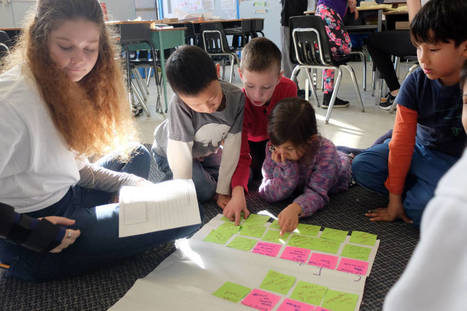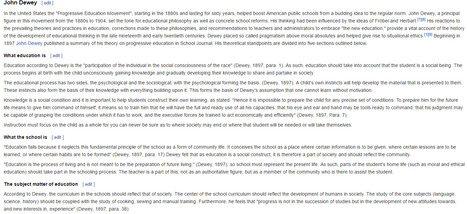As the world economy shifts away from manufacturing jobs and towards service industry and creative jobs, there’s a consensus among parents, educators, politicians and business leaders that it is crucial students graduate into university or the workforce with the ability to identify and solve complex problems, think critically about information, work effectively in teams and communicate clearly about their thinking.
Originally developed by Rotman’s former dean, Roger Martin, integrative thinking is a broad term to describe looking for solutions through the tensions inherent in different viewpoints. Martin noticed that effective CEOs understood that their own world view was limited, so they sought out opposing viewpoints and came to creative solutions by leveraging seemingly opposing positions. For the past seven years, a spin-off group called the I-Think Initiative has been training teachers in the Toronto area on how integrative thinking can build critical thinking in students from a young age.
Learn more / En savoir plus / Mehr erfahren:
http://www.scoop.it/t/21st-century-learning-and-teaching?tag=Critical-Thinking
Via Nik Peachey, Ana Pérez Escoda



 Your new post is loading...
Your new post is loading...













Originally developed by Rotman’s former dean, Roger Martin, integrative thinking is a broad term to describe looking for solutions through the tensions inherent in different viewpoints. Martin noticed that effective CEOs understood that their own world view was limited, so they sought out opposing viewpoints and came to creative solutions by leveraging seemingly opposing positions. For the past seven years, a spin-off group called the I-Think Initiative has been training teachers in the Toronto area on how integrative thinking can build critical thinking in students from a young age.
Learn more / En savoir plus / Mehr erfahren:
http://www.scoop.it/t/21st-century-learning-and-teaching?tag=Critical-Thinking